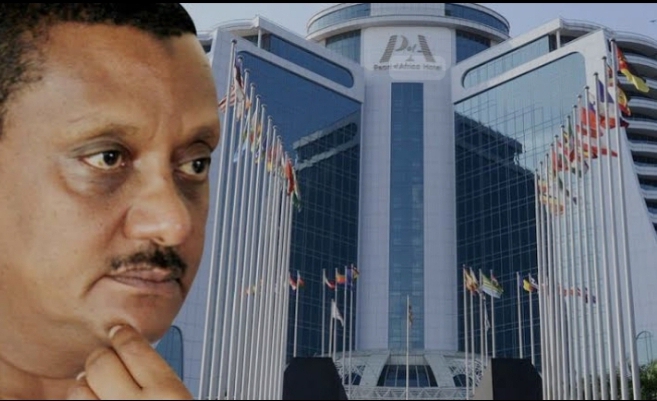A decade-long legal battle has finally caught up with Kampala businessman Hamid Mohammed, after the High Court ruled that he can be held personally responsible for the debts of Aya Investments Uganda Ltd, a company he owns and controls.
In a judgment that could reshape how courts treat corporate fraud in Uganda, Justice Simon Peter M. Kinobe of the Civil Division said Hamid deliberately used his company to hide assets and frustrate court orders meant to compensate a man he wronged years ago.
The case dates back to 2014, when Ntwatwa Jackson, a local businessman, sued Aya Investments and two others, seeking payment for a botched business deal. Court ruled in Ntwatwa’s favour, awarding him Shs 200 million in damages. But for more than ten years, he never received a cent.
Frustrated, Ntwatwa kept returning to court, filing several applications between 2023 and 2024 to seize Aya’s bank accounts. Yet every attempt failed the company’s funds had mysteriously been shifted to another firm, Aya Flour Mills SMC Ltd, also under Hamid’s control.
According to court records, on May 29, 2024, just moments before Equity Bank was served with an order to freeze Aya’s accounts, Shs 1.03 billion was withdrawn. Another USD 800 was removed from the dollar account both transactions signed off personally by Hamid.
To Justice Kinobe, this was no coincidence. “These actions, coupled with the transfer of company property into Hamid’s name, show deliberate acts of wrongdoing,” he said. “I am satisfied that the company’s structure was used to defeat justice.”
Citing Section 20 of the Companies Act, the judge invoked the rare legal power to “lift the corporate veil,” meaning the company’s separate legal identity could be ignored allowing Ntwatwa to go after Hamid’s personal property.
Hamid’s lawyers, Lawgic Advocates, argued that their client was not part of the original lawsuit and should not be personally liable. But the judge rejected this defense, calling the company’s setup “a sham and a device to conceal assets.”
For Ntwatwa, the ruling is a long-awaited victory after years of disappointment. For Uganda’s business community, it is a stern warning: corporate shields will not protect those who use companies to commit fraud or evade justice.
The landmark decision, observers say, reinforces accountability in Uganda’s corporate sector and could mark a turning point in how courts handle directors who misuse their companies to escape liability.


